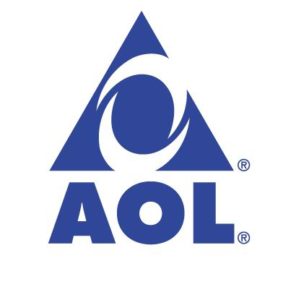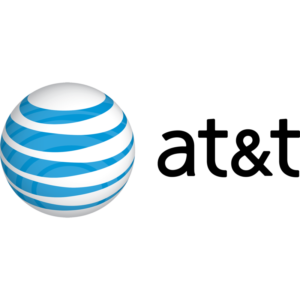Oh, wow, a tech giant is buying up Time Warner, one of the big legacy media companies for an unheard of amount of money. The tech company is talking about how the purchase will help them leverage synergy in the new media marketplace, and critics are wringing their hands over whether this puts too much power in the hands of a single company. Critics go on to worry whether this will mean the end of media content being made available across multiple streaming networks. Is this the apocalypse?
Of course not.
 If you were paying attention, you would realize that I could very easily be talking about AOL’s acquisition of Time Warner back in 2001. At the time of the merger, AOL was valued at $124 billion; when the companies separated in 2009, AOL’s value was below $3 billion. The goal of the merger was to have greater synergy between AOL’s online offerings and Time Warner’s older legacy media.
If you were paying attention, you would realize that I could very easily be talking about AOL’s acquisition of Time Warner back in 2001. At the time of the merger, AOL was valued at $124 billion; when the companies separated in 2009, AOL’s value was below $3 billion. The goal of the merger was to have greater synergy between AOL’s online offerings and Time Warner’s older legacy media.
The only problem?
The AOL–Time Warner synergy never really worked. The new company soon cut more than four thousand jobs and sold off numerous properties, including its sports teams, its book division, and the Warner Music Group. It was, as Recode’s Kara Swisher wrote yesterday, quite possibly the worst corporate merger of all time.
Now, that’s obviously not what I’m writing about today. (Or is it?)
 Over the weekend, the news went from rumors, to trial balloons, to an official announcement that telecom giant AT&T was buying legacy media giant Time Warner for a reported $85 billion.
Over the weekend, the news went from rumors, to trial balloons, to an official announcement that telecom giant AT&T was buying legacy media giant Time Warner for a reported $85 billion.
To me, the big question here is – What does AT&T get out of the deal? Will they get Disney level synergy or find themselves in a complicated marketplace they have no understanding of?
First, some context:
- Amazon.com in addition to selling stuff online is also a major streaming and downloadable content provider with Amazon Video and Music, and it is also a big provider of web services to companies and organizations.
- Google’s parent company Alphabet owns online video giant YouTube.
- Apple, along with being one of the world’s largest corporations, also owns streaming and downloadable media giant iTunes.
- Cable/internet/mobile giant Comcast owns NBCUniversal, along with a host of other channels they owned before buying NBCUniversal.
- None of these companies were seen as media giants 15 years ago.
- Here’s a link to a great history of related media/tech mergers from NPR’s The Two-Way blog.
- The merger would have to be approved the the FCC
- This would get Time Warner back into the business of retail delivery of programing that it has been getting out of by selling off AOL and Time-Warner Cable (which has now merged with Charter/Spectrum cable)
- The merger is big – really big. According to AdWeek, AT&T has a market capitalization of about $230 billion and Time Warner is valued at about $70 billion. By way of comparison, Comcast is currently valued at $154 billion and Disney at $150 billion. With a little simple math, you can see that the new AT&T/TW would be worth approximately the combined value of the two other giants.
- Republican presidential candidate Donald Trump says that were he elected, he would block the merger.
And here are some possible consequences:
- AT&T sees the merger as a way of connecting with “cord cutters, cord shavers, and cord nevers.”
- Anti-trust regulations would almost certainly require the new company to make their content available through other streaming and mobile providers. (Look back to the Comcast deal for context here.)
- The merger might not help either company much. Comcast and NBCUniversal are both doing well, Recode’s Edmund Lee notes, but that’s because they are both well managed companies that are offering good products, not because they have merged.
- Apple doesn’t get to buy Time Warner, but Apple might not want to have. Apple has found enormous success by providing good ways to deliver content to their wonder (and expensive) devices. But they haven’t really gotten into the content business …. yet. (Although the Jobs family is the largest stock holder in both Apple and Disney.)
So is this merger the media apocalypse? Kinda doubt it. More just the latest sequel to a show we’ve seen too many times before. Only question is which ending it will get.

